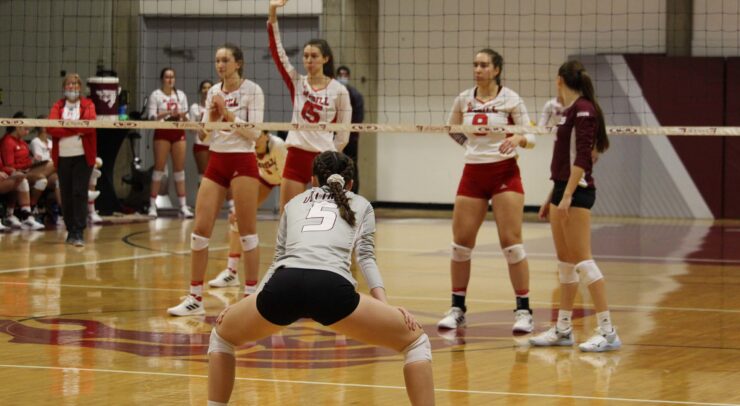LAST WEEK, THE CBC published an article on a frosh event at the University of Montreal in which students dressed up as Jamaican track runners while doing a black-face routine during their annual athletic week. This caused some controversy, notwithstanding the fact that the students were overheard saying things like “smoke more weed.” The event was supposed to encourage students to get involved in extracurricular activities on campus, including sport teams.
Disregarding the obvious racist connotations of the incident—something I won’t even touch upon—these students chose to “encourage” first years to join sport teams by adhering to the most stereotypical side of athleticism: The jock who has it made off a scholarship and doesn’t do anything but smoke, party, and… well, that’s about it.
While the National Collegiate Athletic Association in the United States may be a bit more comparable to this stereotype (being part of a varsity team there is basically considered a program in its own), the Canadian Interuniversity Sport organization is not.
From my experiences talking with the Gees, I can say with absolute certainty not one of them represents that stereotype. Most are studying human kinetics, biology, political science, or psychology. They follow a strict training schedule and are able to balance their grades, all the while competing across the province and sometimes Canada. Even our coaches are firm on academic excellence.
Representing athletes in any other way is disrespectful. Life isn’t an Archie comic—you can be more than just an athlete. Most athletes don’t smoke, (they are more nuts about health than students studying to be nurses) and they don’t consume large amounts of alcohol. These are called stereotypes for a reason: They are generalizations that cannot be interpreted as true for all people.
Students come from all over the world to play on our sport teams, and it is unfair to use their culture as material for a joke. To portray athleticism as comedic to impressionable first years is despicable, and to portray the international aspect of athleticism even more so.
The article mentions the possibility of a student making a human rights complaint based on the actions of this frosh event—something rarely associated with the realm of athletics. So, for now I’ll say: Congratulations, University of Montreal for making a fool of yourself and varsity sports. We all appreciate it!
And I hope they mark the sarcasm.
—Katherine DeClerq
sports@thefulcrum.ca
(613) 562-5931


